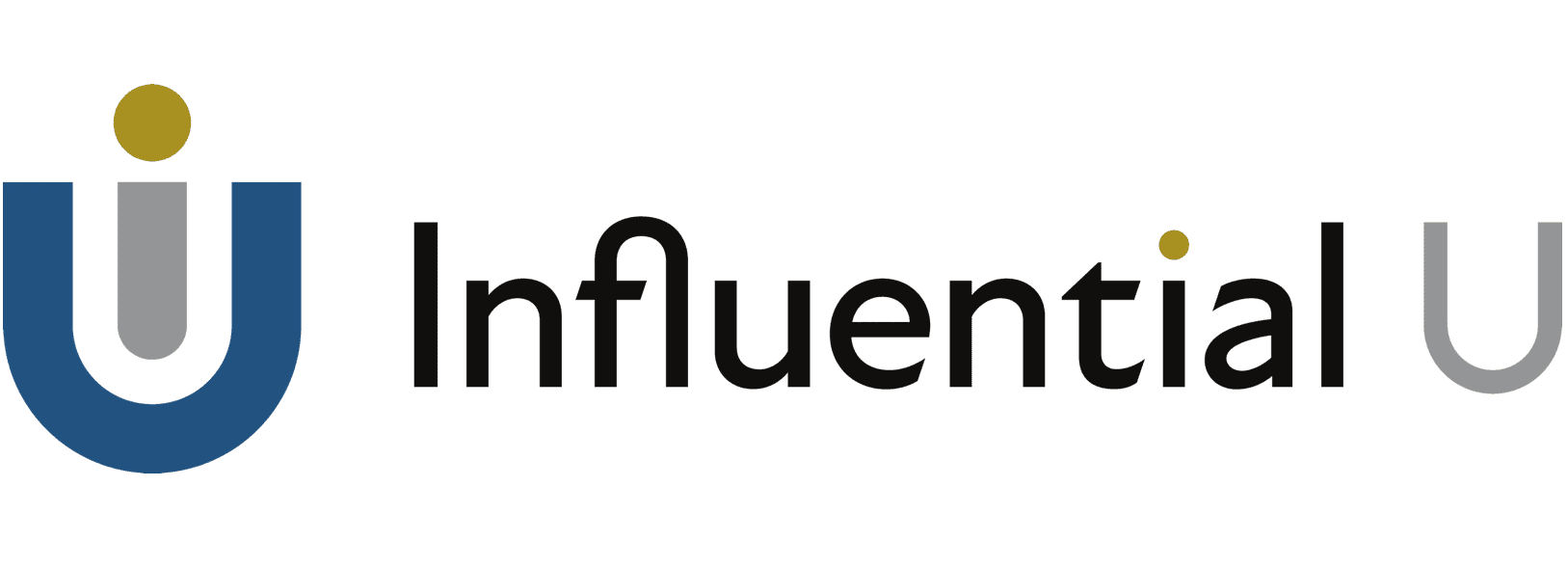Practical Strategies for Growth
In a previous article, I explored the decline of the self-esteem movement and highlighted the need to balance confidence with competence for genuine personal and professional growth. Once a powerful cultural force, the self-esteem movement often promised the experience of confidence without its essential foundation of skills and abilities. As we continue to evolve in our understanding of what drives genuine success, we must adopt practical strategies that foster both competence and confidence.
I’ll delve into actionable methods for building competence, integrating emotional intelligence, fostering a growth mindset, maintaining mental health, and ultimately developing genuine confidence through action.
The Importance of Skill Development
Developing real skills and competence is fundamental for building genuine confidence. Confidence that lacks a foundation in competence can be fragile and quickly shattered. Conversely, when confidence is rooted in actual skills and abilities, it becomes robust and sustainable. Key areas where knowledge and skill development are essential include people skills, technical skills, and the unique skills of your specialization.
Communication Skills: Effective communication is vital in virtually every aspect of life. Whether in personal relationships or professional settings, the ability to convey ideas clearly and listen actively can significantly impact success. Developing communication skills involves practicing public speaking, improving writing skills, and honing active listening techniques.
Leadership Skills: Strong leadership requires a blend of vision, empathy, and decision-making abilities. Aspiring leaders can develop these skills through mentorship, training programs, and real-world experience leading teams or projects.
Technical Skills: In today's rapidly evolving technological landscape, technical skills are increasingly important. Continuous learning through courses, certifications, and hands-on practice can help individuals stay competitive and adaptable in their careers.
Evidence-Based Practices for Building Competence
Research-backed methods for skill acquisition and improvement are essential for developing competence. These practices ensure that skills-building efforts are practical and grounded in evidence.
Deliberate Practice: Deliberate practice involves focused, goal-oriented practice sessions with specific objectives and feedback. Unlike regular practice, which can be repetitive and unstructured, deliberate practice targets areas of improvement and challenges individuals to push their limits.
Continuous Learning: Lifelong learning is a mindset that encourages individuals to seek new knowledge and skills continuously. This can be achieved through formal education, online courses, workshops, and reading. Staying curious and open to new information fosters ongoing growth and adaptability.
Seeking Feedback: Constructive feedback from peers, mentors, or supervisors is invaluable for skill development. Feedback provides insights into areas of strength and areas needing improvement. Actively seeking and applying feedback can accelerate growth and enhance competence.
Integrating Emotional Intelligence
Emotional intelligence (EI) plays a crucial role in personal and professional success. EI involves recognizing, understanding, and managing our emotions and those of others. High EI improves relationships, effective leadership, and mental health.
Self-Awareness: Developing self-awareness involves regularly reflecting on one's emotions, strengths, weaknesses, and behaviors. Techniques like journaling and mindfulness can help increase self-awareness.
Empathy Training: Empathy, the ability to understand and share others' feelings, is a key component of EI. Practicing active listening, perspective-taking, and showing genuine concern for others can enhance empathy.
Emotional Regulation: Effectively managing emotions is critical for maintaining composure and making rational decisions, especially under stress. Techniques like deep breathing, meditation, and cognitive restructuring can help regulate emotions.
Fostering a Growth Mindset
Psychotherapist Carol Dweck promotes the concept of a growth mindset, emphasizing that abilities and intelligence can be developed through effort, learning, and persistence. This contrasts with a fixed mindset, which views abilities as static and unchangeable.
Embrace Challenges: Individuals with a growth mindset see challenges as opportunities to learn and grow. Embracing complex tasks and persevering through setbacks fosters resilience and continuous improvement.
Learn from Criticism: Constructive criticism is seen as valuable feedback rather than a personal attack. Learning from criticism and using it to improve is a hallmark of a growth mindset.
Celebrate Effort and Progress: Recognizing and celebrating the effort and progress made, rather than just the final outcome, encourages a growth-oriented approach. This reinforces the belief that effort leads to improvement.
Balancing Mental Health and Well-Being
Comprehensive mental health support is crucial for sustainable personal development. Addressing underlying issues and maintaining mental health ensures confidence and competence are built on a stable foundation.
Mindfulness Practices: Mindfulness involves being present and fully engaged in the current moment. Practices like meditation, yoga, and mindful breathing can reduce stress and improve mental clarity.
Stress Management Techniques: Effective stress management is vital for maintaining mental health. Techniques such as time management, exercise, and relaxation exercises can help manage stress levels.
Therapeutic Support: Professional therapy, such as cognitive-behavioral therapy (CBT), can provide valuable tools for emotional regulation, resilience, and addressing mental health challenges.
Building Confidence through Action
The idea that confidence comes from taking action and achieving results is central to genuine self-esteem. Without action, confidence remains untested and theoretical.
Setting Achievable Goals: Setting and achieving small, manageable goals builds confidence and provides a sense of accomplishment. Breaking larger goals into smaller steps makes them more attainable.
Celebrating Progress: Recognizing and celebrating progress, no matter how small, reinforces the effort and builds momentum. This positive reinforcement encourages continued growth and persistence.
Learning from Failure: Viewing failures as learning opportunities rather than setbacks fosters resilience and growth. Analyzing what went wrong and how to improve next time builds competence and confidence.
Conclusion
While self-esteem and confidence are undoubtedly essential and beneficial, they are not standalone solutions for achieving personal success and fulfillment. These qualities do matter; they can motivate individuals, enhance social interactions, and contribute to overall well-being. However, true and lasting confidence is most effectively built on a foundation of competence. Studies show that the mastery of skills, knowledge, and tangible accomplishments breeds genuine confidence, creating a more resilient and capable individual. As we move forward, integrating the development of competence with the cultivation of self-esteem and confidence will be crucial for realizing the full potential of personal and professional empowerment.
By adopting practical strategies for skill development, integrating emotional intelligence, fostering a growth mindset, maintaining mental health, and taking actionable steps, individuals can build both competence and confidence. This balanced approach ensures that personal development is both inspirational and grounded in practical effectiveness, leading to sustained success and fulfillment.
Author
John Patterson
Cofounder and CEO
INFLUENTIAL U
John Patterson steers the ship at Influential U, boldly challenging the traditional, often myopic views of success in our hyper-individualistic era. He isn’t afraid to poke fun at the archaic obsession with attributing every win or loss to single actors, calling out the industry’s penchant for oversimplified 'transactional' comprehension. Leading a crack team dedicated to innovating businesses and business ecosystems, John is all about integrating the personal with the whole system—because, let’s face it, no one wins alone.



